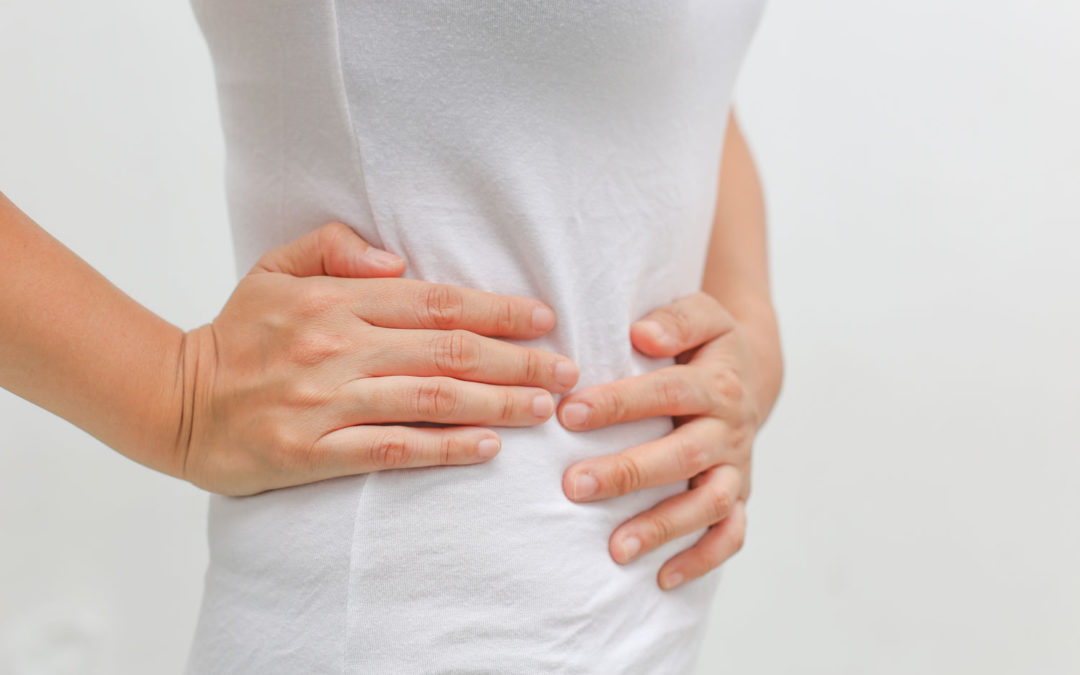Urinary Tract Infection/STD
Urinary Tract Infection or UTI among Adults population
A Urinary Tract Infection, or UTI, is an infection that can occur anywhere along your urinary tract (pee-pee). There are different names for UTIs depending on what part of the urinary tract is infected. For example:
- Bladder infection in the bladder is called cystitis or a bladder infection.
- Kidneys infection is called pyelonephritis or a kidney infection..
- Urethra infection of the tube that empties urine from the bladder to the outside is called urethritis.
Causes of UTI: Urinary tract infections are usually caused by bacteria that enter the urethra and then to the bladder. If untreated, the germs can spread from the bladder to the kidneys.
Risk Factors: There are certain conditions that increase the risks of having UTIs. They include:
- Gender: Women are easily infected with UTIs more than the men because their urethra is shorter and closer to the anus than in men. Due to this natural body design, women are more prone to UTI especially after sexual activity or when using a diaphragm for birth control. Also, menopause stage also increases the risk of a UTI.
Male
Female
Some other risk factors include the following:
- Diabetes – adults with diabetes are more likely to be frequently infected with UTi especially with poor blood sugar control.
- Urinary Retention – Problems emptying your bladder completely
- Enlarged prostate, narrowed urethra, or anything that blocks the flow of urine
- Kidney stones
- Immobility – Staying still for a long period of time (for example, while you are recovering from a hip fracture)
What are the signs and symptoms of UTI?
- Urine that may have a foul or strong odor, cloudy or sometimes bloody
- Low grade-fever but not in everyone
- Painful or burning urination
- Pressure or cramping in the lower abdomen or back
- The urge to urinate often, even right after the bladder has been emptied
- Confusion in the elderly, these symptoms often are the only signs of a UTI
***See your doctor for treatment if you experience any of the above symptoms.
NOTE: If the infection has spread to your kidneys, some of these signs and symptoms below may show up:
- Chills and shaking or night sweats
- Fever
- Fatigue and a general ill feeling
- Fever above 101 degrees Fahrenheit
- Nausea and vomiting
- Severe abdominal pain (sometimes)
- Side (flank) or back and pelvic pain
***See your doctor immediately if you experience any of the symptoms above.
Prevention of UTI:
PERSONAL HYGIENE
- Keep your genital area clean.
- Clean your genital and anal areas before and after sexual activity.
- Urinate before and after sexual activity.
- Wipe from front to back after using the bathroom
- Women change your sanitary pads each time you use the bathroom.
- Do not douche or use feminine hygiene sprays or powders. As a general rule, do not use any product containing perfumes in the genital area.
- Do more of showering instead of baths and avoid prolong use of bath oils.
CLOTHING
- Avoid tight-fitting pants.
- Wear cotton-cloth underwear and pantyhose, and change both at least once a day.
DIET
- Drink plenty of fluids preferably water (2 to 4 quarts each day).
- Drink cranberry juice or use cranberry tablets.
- Avoid use of cranberry juice you have a personal or family history of kidney stones.
- Avoid drinking fluids that irritate the bladder, such as alcohol, caffeine and energy drinks.
- Keep your blood sugar under control.
LINK: http://www.nlm.nih.gov/medlineplus/ency/article/000521.htm
Sexually Transmitted Diseases – STDs
- Chlamydia Gonorrhea
- Genital Herpes
- HIV/AIDS
- Human Papillomavirus (HPV)
- Pelvic Inflammatory Disease (PID)
- Syphilis
- Trichomoniasis
Prevention of STDs
Abstinence: The most reliable way to avoid infection is to not have sex (i.e., anal, vaginal or oral).
Vaccination: Vaccines are safe, effective, and recommended ways to prevent hepatitis B and HPV. HPV vaccines for males and females can protect against some of the most common types of HPV. It is best to get all three doses (shots) before becoming sexually active. However, HPV vaccines are recommended for all teen girls and women through age 26 and all teen boys and men through age 21, who did not get all three doses of the vaccine when they were younger.
Mutual monogamy: Mutual monogamy means that you agree to be sexually active with only one person, who has agreed to be sexually active only with you. Being in a long-term mutually monogamous relationship with an uninfected partner is one of the most reliable ways to avoid STDs. But you must both be certain you are not infected with STDs. It is important to have an open and honest conversation with your partner.
Reduced number of sex partners: Reducing your number of sex partners can decrease your risk for STDs. It is still important that you and your partner get tested, and that you share your test results with one another.
Condoms: Correct and consistent use of the male latex condom is highly effective in reducing STD transmission. Use a condom every time you have anal, vaginal, or oral sex.
NOTE: Be sure to ask your healthcare provider to test you for STDs — Asking is the only way to know whether you are receiving the right tests. And don’t forget to tell your partner to ask a healthcare provider about STD testing as well.
LINK: http://www.cdc.gov/std/prevention/default.htm
http://www.cdc.gov/std/healthcomm/fact_sheets.htm


